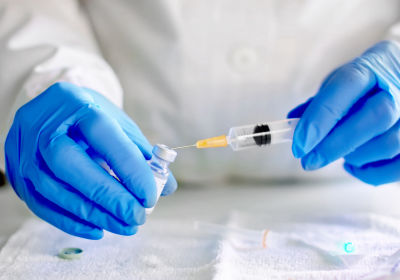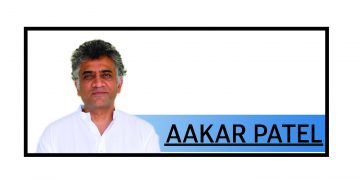Bhubaneswar: At a time when the entire healthcare sector is primarily focused on containment of novel coronavirus, medical experts in the state have raised concern over a possible rise in cases of vaccine-preventable diseases (VPDs) owing to delayed vaccinations.
A VPD is an infectious disease for which an effective vaccine exists. Diseases such as polio, diphtheria, hepatitis B, measles, meningitis, tuberculosis, and yellow fever can be controlled in children by developing immunity through vaccination.
“Delay in administering a dose of vaccination may impact the timeline of the subsequent doses, making the child vulnerable to a particular disease. Odisha may see a rise in delayed vaccination cases as a large number of children will be unvaccinated/partially vaccinated due to lockdown especially in slums, tribal and backward areas where immunity is very low,” said Sunil Agarwalla, Associate Professor in Pediatrics at MKCG Medical College and Hospital.
With infant mortality rate at 40 per 1,000 live births, Odisha is one of the lowest performing states in the health index composed by the National Institute for Transforming India (NITI). However, with central government’s Intensified Mission Indradhanush in 2017 a rigorous implementation strategy has seen a considerable amount of improvement in VPD cases.
“Odisha’s recent success in VPDs has been due to huge network of ANMs (Auxiliary Nurse-Midwives), ASHAs (Accredited Social Health Activists) and Anganwadi workers. These help in maintaining cold chain of vaccines from manufacturer till the recipient which is vital for a successful immunisation programme,” said a senior official at Health Department.
As per the sources, there are about 1,183 cold chain points spread across 314 blocks of the state. These are supported by 8,840 ANMs and 46,000 ASHAs who organise more than 35,000 immunisation sessions in a month. However, with most of these workers having returned home or engaged in battling the COVID-19 pandemic, experts believe that VPD immunisation is very likely to be affected.
However, experts have also suggested that delayed vaccination is manageable and not as life threatening as the current pandemic. Subsequent vaccine doses have permissible waiting period for interrupted or delayed immunization as per the World Health Organisation (WHO).
“Primary vaccines can be delayed by two to three months or more depending on the current situation. Rushing to hospitals right now for scheduled vaccinations is not advisable as it can put you at a risk of contracting the virus and simultaneously passing it to other healthcare professionals. However, parents must ensure adequate nutrition intake and good behavioural patterns in order to help boost the immunity of the child,” Agarwalla suggested.






































